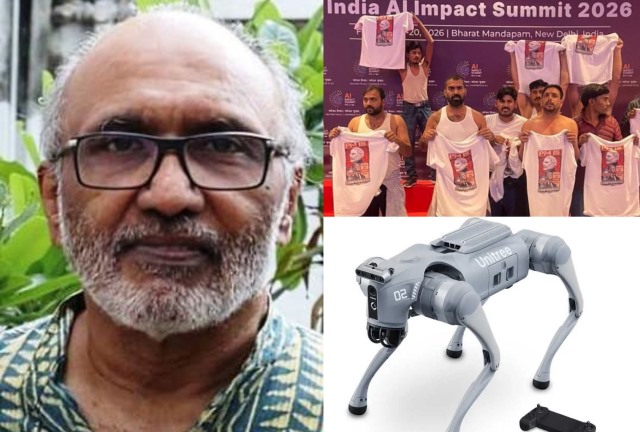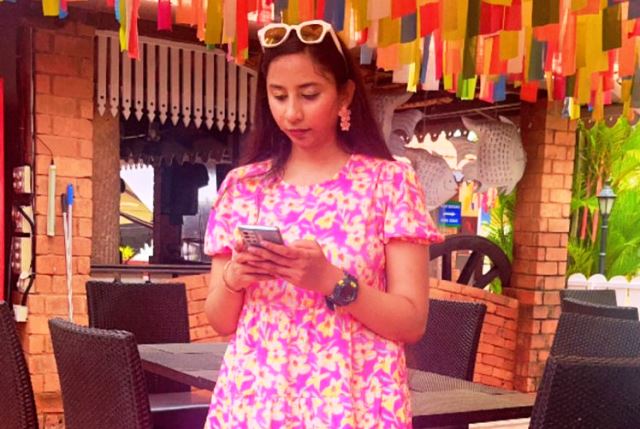
‘Govt Talks of Bullet Trains, Can’t Handle Simple Rains, When Roads Turn Into Drains’
Prachi Singh, an HR professional with an MNC, says Viksit Bharat seems like a cruel joke when the road to your office becomes a hurdle race during monsoon. Her Views:
Every year, as the monsoon knocks at the door of Delhi-NCR, the citizens find immense relief in the first few raindrops of the season after the grueling summer. However, for daily office-goers like me, this relief quickly turns into a nightmare. Let me recount you the annual drill.
The morning usually starts with the sound of rain tapping on the window. A quick peek outside reveals flooded streets and bumper-to-bumper traffic. The commute that typically takes an hour now becomes a daunting challenge. Roads turn into rivers, potholes transform into small ponds and even the simplest route to work feels like an obstacle course.
The promise of a ‘Viksit Bharat’ is a powerful pull; who wouldn’t want to live in a country where the infrastructure is robust, cities are smart, and opportunities abound? Yet, despite all the grand announcements and ambitious projects, the lived experiences of millions of Indians tell a different story. A short spell of rain brings our cities to a standstill, exposing the harsh realities of living in a so-called metropolitan hub.
Public transport, which we rely on so heavily, becomes unreliable. Buses are delayed or rerouted, metro stations are overcrowded, and auto-rickshaws disappear. When you do manage to find one, the drivers often demand exorbitant fares, taking advantage of the situation.
Driving to work during monsoon is a huge hazard. The visibility drops to just a few feet, and the risk of accidents skyrockets. You’re constantly stopping and starting, testing your patience and your vehicle engine’s endurance. The fear of getting stuck in a flooded underpass or a narrow street with no escape is always on the back of your mind. If India is truly on the path to becoming a developed nation, why do such fundamental issues remain unresolved?
ALSO READ: ‘Just A Few Hours Of Rains And Delhi-NCR Infra Collapses’
The reality is that much of the development touted by the government often seems superficial—focused on high-visibility projects that look good in the media but don’t necessarily improve the day-to-day lives of ordinary citizens. Meanwhile, critical infrastructure like drainage systems, public transport, and waste management remains woefully inadequate.
This disconnect between rhetoric and reality leads many to question whether ‘Viksit Bharat’ is more about image management than actual progress. It’s easy to talk about bullet trains, smart cities, and digital India, but much harder to address the less glamorous, yet essential, issues like urban planning, public health, and environmental sustainability. Civic agencies seem to react to problems rather than prepare for them, making the situation worse year after year.
It’s frustrating that while we aim to be a developed nation, the reality on the ground is far from it. The monsoon, which we know will come every year, still manages to disrupt our lives so severely. For office-goers in Delhi-NCR, these daily struggles during the rainy season highlight the gap between our aspirations and the actual state of our city’s infrastructure.
The Modi government has made some strides in certain areas, but the gap between the vision of a developed India and the lived reality for many Indians is stark. When necessities like reliable infrastructure and public services are still lacking, the claim of a ‘Viksit Bharat‘ feels more like a PR exercise than a reflection of genuine, inclusive development.
Ultimately, if India is to truly become a developed nation, it will require more than just slogans and shiny projects. It will need a concerted effort to address the systemic issues that continue to plague the country, ensuring that progress is felt by all, not just those at the top. Until then, the promise of a “Viksit Bharat” will remain just that—a promise, rather than a reality.
For more details visit us: https://lokmarg.com/
As told to Deepti Sharma
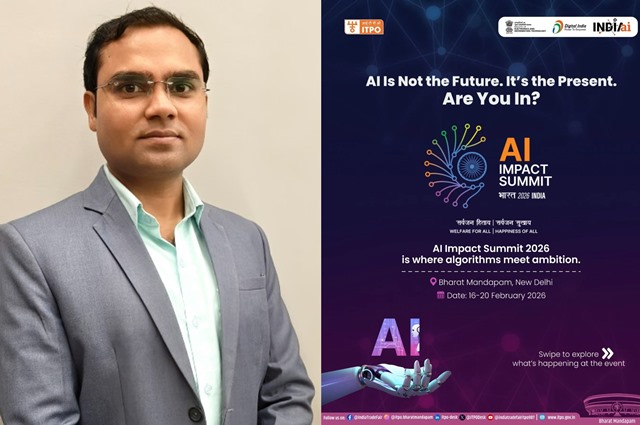
‘Summits Alone Won’t Make India AI Hub; Infra Push, Skill Development Are Key’
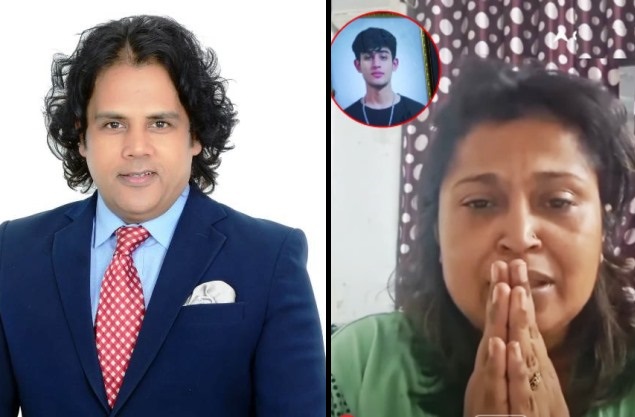
‘Flashy Parents & Reel-Crazed Minors Behind The Wheel Are A Curse On Road’
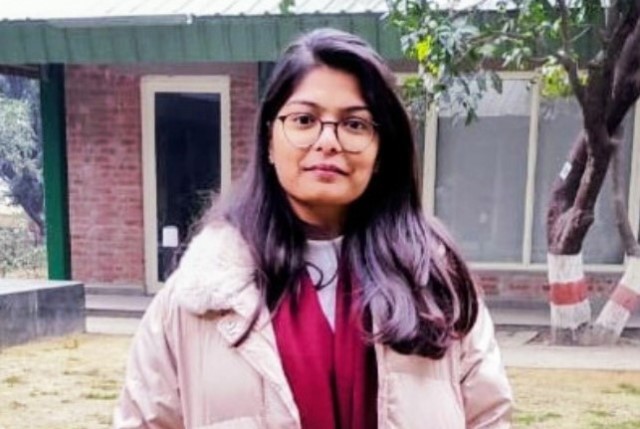
‘Social Media Addiction Is Turning Into A Mental Health Crisis’
